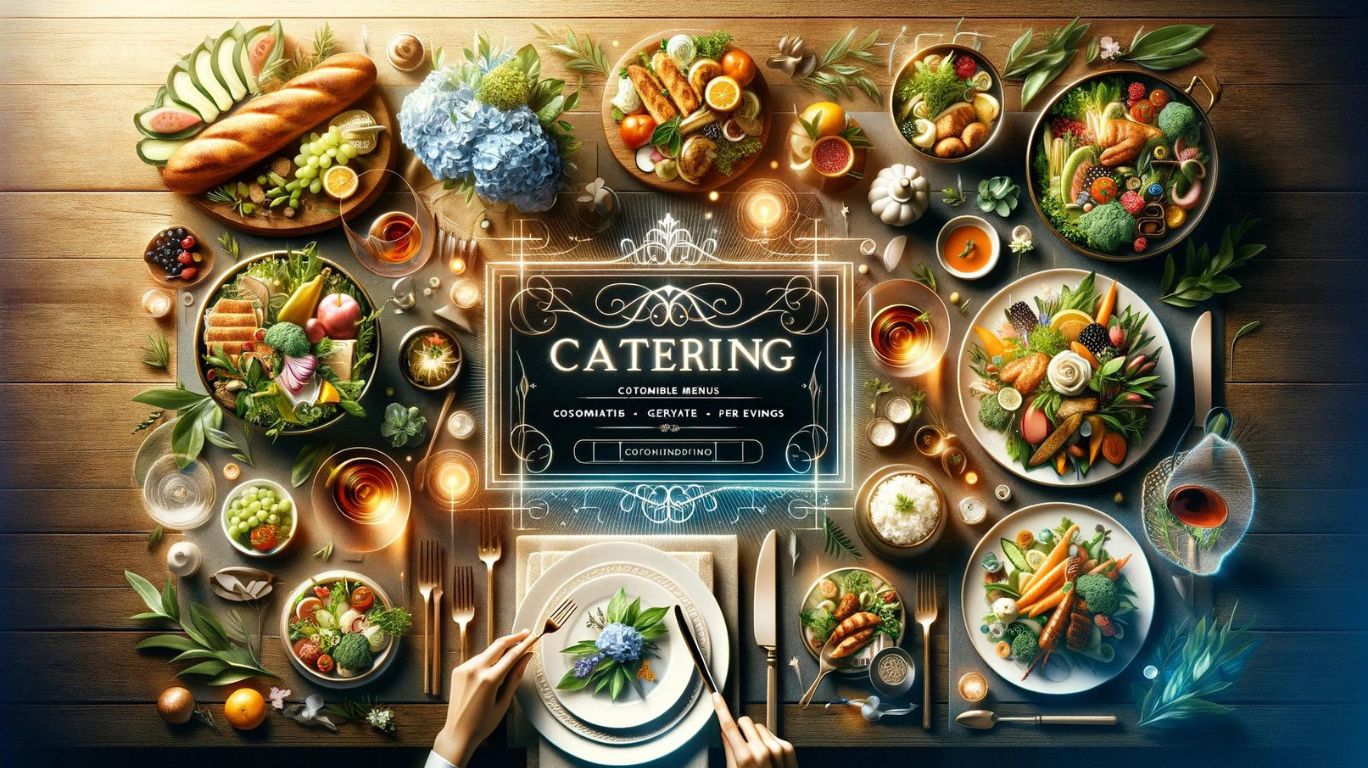Resilience in food stuff safety for 2021: Client related issues
Sponsored
Editor’s note: In component two of this 4-portion series with SafetyChain Software package, Foods Safety News reviews how meals companies can come to be resilient in the experience of 2021’s new issues, how resilience will be wanted in minimizing source chain risks.
Dr. David Acheson, CEO & president of The Acheson Team, suggests that food corporations will require resilience when addressing purchaser-related worries in 2021.
Buyer shift away from preservatives
A latest study located that 7 in 10 Individuals are anxious about the existence of chemical items in food items. The poll by Mérieux NutriSciences and bioMérieux also located that 70 % of respondents had been troubled about pesticides, antibiotics and additives.
Acheson details to preservatives as an difficulty specifically on consumers’ minds.
“When it arrives to appealing to customers, pure science doesn’t generally get. For example, consumers have pushed for a shift absent from preservatives recently,” Acheson claimed. “When these additives are taken out from products, on the other hand, it introduces new hazards.”
This study also observed that consumers still treatment about microbes, with two-thirds involved about pathogens these as Salmonella and Listeria.
Demonization of processed foods
Acheson says there is a balance that should be managed since of the demonization of processed foods. There is a contact for clear labels, with leaning towards organic and natural, non-GMO, regional food. He states businesses require to stay versatile as these phases typically ebb and movement. Foods organizations must not only realize and reply to client calls for but they also require to be informed of any dangers that these consumer-driven improvements may perhaps introduce.
Expectations that all foodstuff forms will be offered all the time
“To add even more complexity, customers usually expect that all foodstuff varieties will be readily available all the time,” Acheson mentioned.
Apple pie cravings do not generally come during peak apple period. And when making ready food lists for their household, how usually do consumers consider about which fruits and greens are in season?
Acheson discussed how individuals area accountability for secure food items on the producer. They also keep the skill to hurt a brand via media focus.
“These variables can set a pressure on foodstuff firms, who should pivot and improve frequently to accommodate new traits,” he said.
The COVID-19 pandemic has only deepened these presently present worries.
According to the Mérieux NutriSciences and bioMérieux survey, nearly 70 per cent of respondents were being extra concerned than prior to the coronavirus pandemic about the safety of the foods they try to eat.
Building customer trust
So, what is the alternative to these consumer problems? Now much more than at any time, it’s believe in.
In March 2020, prior to the coronavirus shut down these types of events, Charlie Arnot, CEO of the Center for Food items Integrity, gave a keynote presentation at the International Foods Protection Initiative (GFSI) meeting in Seattle. The presentation focused on how believe in is the most crucial intangible part of any firm.
Arnot explained how questions about food stuff basic safety have turn into an concern of have confidence in concerning businesses and buyers. He told the corporate and food stuff safety leaders at the convention that a lot more than one in four people strongly believe smaller food stuff firms will set their pursuits forward of public fascination, and additional than fifty percent of consumers strongly think that huge food items businesses will put their own interests to start with.
To exhibit resilience in 2021, meals and beverage brands will require to recommit by themselves to creating shopper belief.
Consumers have social, rational and psychological demands
Arnot described that shoppers have a few types of desires: social, rational, psychological. He claimed these requires have to be fulfilled to get rid of the risky disconnect amongst consumers and businesses.
He instructed this implies organizations need to ask much more concerns that satisfy the rational need to have. But they need to also talk to the ethical “should” dilemma, which offers the emotional need to have.
Then, to reveal how to fulfill the social have to have, Arnot informed a story from a the latest customer panel. A girl on the panel claimed that she is section of a mom’s group on Facebook, and it is where by she gets her details on what merchandise to get or not to obtain. The mother is extra very likely to hear to these 100 other mothers than to medical doctors and study, due to the fact of a tribal and network product of the conversation earth we are living in, he said.
“We will need to say we recognize her concern,” Arnot mentioned.
His notion is to attempt to greater comprehend her motivations and fear as a purchaser and then inquire, “what can I do to be a resource to you?” Answering concerns in a social way that acknowledges the have to have for the source to be credentialed, relatable, proficient, self-confident and possibly most importantly, obtaining shared values.
“You are not supplied permission to share information until you have that trust and self confidence,” Arnot claimed.
He gave 3 means for providers and men and women to be equipped to share information and facts in a way that individuals will listen to.
Arnot remaining listeners with a few strategies: Companies need to start out all general public engagement using shared values they ought to dedicate to currently being additional transparent and they should really engage customers early and typically.
(To indication up for a free of charge subscription to Food Security Information, simply click right here.)







